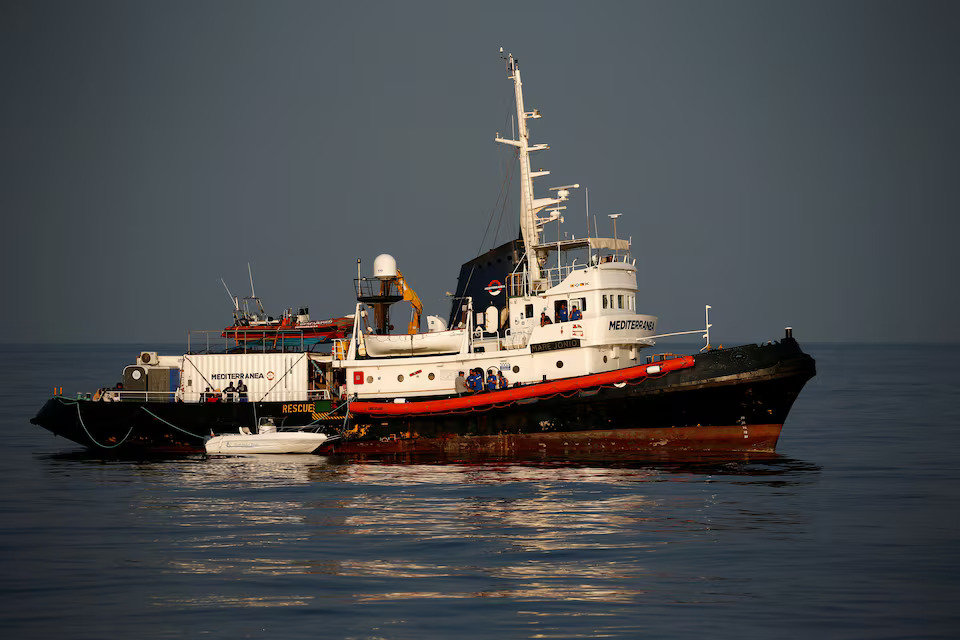Two teenagers rescued by an NGO-operated vessel in the Mediterranean Sea have been accused of aiding illegal immigration after arriving in Salerno, southern Italy. The young men, a 19-year-old Egyptian and a 17-year-old Sudanese national, were among 252 people rescued by the German-flagged ship Solidaire, which brought them to the Italian coast on May 26.
Authorities allege that the two teens acted as captains of a boat that departed from Libya with 111 people on board. The passengers came from various African and Middle Eastern countries, including Somalia, Eritrea, Mali, Egypt, Cameroon, Ethiopia, and Syria. The boat was part of a larger rescue operation carried out by Solidaire between May 22 and 23 in international waters near Libya and Malta.
The rescue ship, operated by a non-governmental organization, saved individuals from four separate vessels in poor condition. Nearly 100 of the rescued people were minors, most of whom were unaccompanied and without family. Among the adult survivors were 127 men and 27 women, primarily from West and East African nations.
After disembarking in Salerno, Italian police launched an investigation into who had been responsible for navigating the boat. According to Salerno Police Chief Giancarlo Conticchio, both teens were identified by other rescued individuals as having been in control of the vessel. He stated that the cooperation of several passengers was crucial to the investigation, and that the suspects appeared to have been trained for the role.
The 19-year-old Egyptian was taken to a local prison, while the 17-year-old Sudanese youth was sent to a reception center for minors in Naples, pending judicial review of their detention. Authorities are continuing to examine their roles and determine whether they acted under pressure or willingly participated in the boat’s navigation.
Police say they aim to hold accountable those who facilitate illegal entry into Italy. However, the arrests have reignited criticism from human rights organizations who argue that such prosecutions often target vulnerable migrants rather than the actual traffickers. Activists claim that individuals are frequently forced by smugglers to steer boats in exchange for discounted or free passage to Europe.
Recent reports from the Platform for International Cooperation on Undocumented Migrants (PICUM) show that at least 91 people across Europe have been charged in 2024 alone for smuggling or similar offences, despite many being victims themselves. Human rights groups continue to warn that without reforms, European legal systems risk punishing those who are already fleeing violence, poverty, and exploitation.
The case in Salerno shows the complex challenges of managing irregular migration in the Mediterranean. It also highlights the growing tension between humanitarian rescue missions and law enforcement actions, as countries like Italy continue to face pressure over migration and border security.

